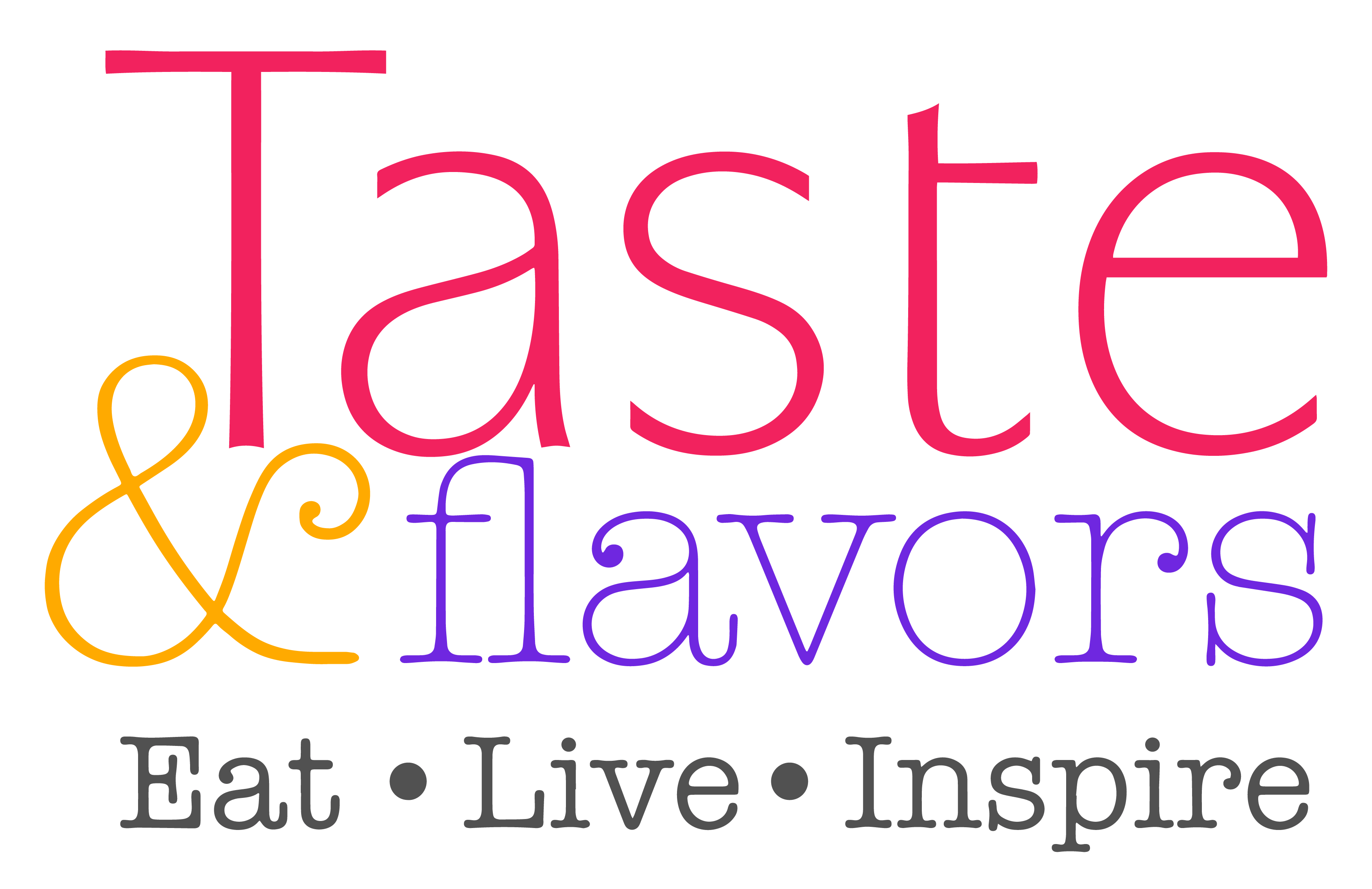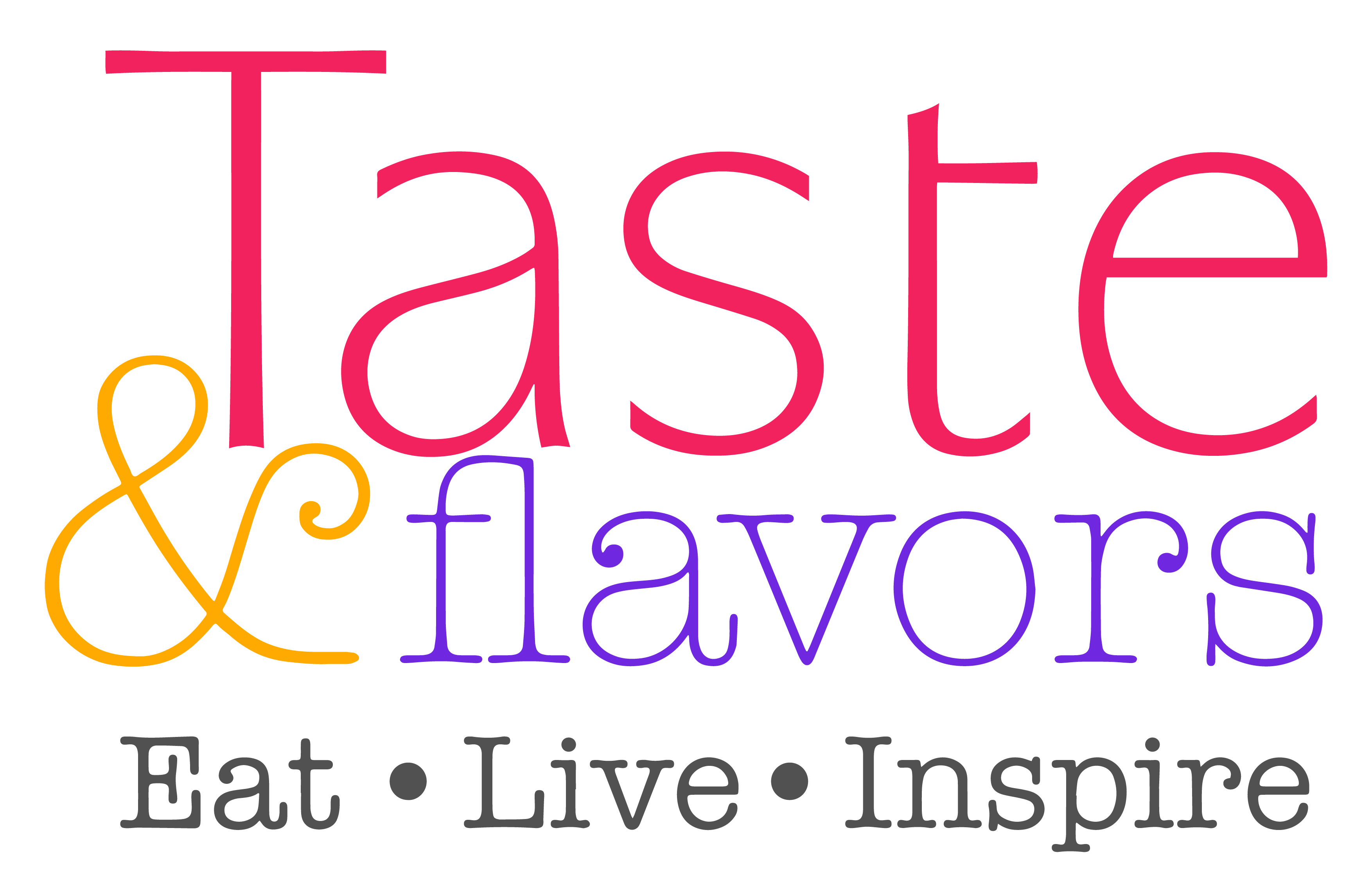THE NEW DIET TRENDS SHAPING 2025

As dietary preferences and scientific advancements evolve, 2025 brings a renewed focus on personalization, sustainability, and innovative approaches to health. Here’s an in-depth look at the trends shaping how we eat this year.
1. Gut Health: A Core Focus in Nutrition
The gut microbiome, home to trillions of microorganisms, continues to dominate nutrition discussions. Research increasingly connects gut health to immunity, mental well-being, weight management, and chronic disease prevention, making it a top priority for 2025.
Why It Matters
A balanced microbiome improves digestion, regulates inflammation, supports immunity, and even influences mental health. Scientists are exploring how gut bacteria affect conditions like anxiety, obesity, and diabetes.
What’s Trending
- Fiber-rich diets: Whole grains, legumes, and vegetables are at the forefront, as diverse fiber sources nurture various gut bacteria.
- Fermented foods: Products like kefir, miso, and kimchi are becoming everyday staples for their probiotic benefits.
- Prebiotics: Foods like garlic, onions, and asparagus support the growth of beneficial gut bacteria.
Emerging Insights
Studies suggest protein-rich diets enhance microbial diversity, while high-fat diets may suppress beneficial bacteria. Personalized approaches are key as researchers delve deeper into how individual microbiomes respond to specific foods.
2. Functional Foods for Mental Well-Being
Nutrition’s role in mental health is more evident than ever. In 2025, functional foods targeting brain health and emotional balance are gaining traction, fueled by growing evidence of the gut-brain connection.
Key Ingredients
- Adaptogens: Ashwagandha and reishi mushrooms are touted for reducing stress.
- Omega-3 fatty acids: Found in salmon and flaxseeds, they support brain function.
- Probiotics: Improve gut health, directly impacting mood and cognitive function.
Popular Trends
- Mood-enhancing diets: Foods high in magnesium, like leafy greens and seeds, combat stress.
- Nootropic products: Compounds like ginseng, ginkgo biloba, and maca root, found in coffee, teas, and enriched snacks, are now mainstream for boosting focus and memory.
- Fermented foods: Kimchi, yogurt, and kombucha promote gut-brain connectivity.
This shift reflects growing recognition that mental health and nutrition are deeply intertwined.
3. GLP-1 Medications and Tailored Nutrition
Medications like GLP-1 receptor agonists (e.g., semaglutide and tirzepatide) are revolutionizing weight loss by curbing appetite and regulating blood sugar. However, dietary adjustments are crucial to ensure holistic health.
What’s Changing?
- Portion sizes: GLP-1 medications reduce appetite, prompting the need for nutrient-dense, smaller meals.
- Focus on quality: Foods high in protein, antioxidants, and fiber prevent deficiencies.
Market Impact
The growing use of GLP-1 medications is influencing food companies to create products tailored to users’ needs, such as fortified protein snacks and gut-friendly supplements.
Expert Insights
While these medications offer significant weight-loss benefits, experts warn against neglecting overall nutrition. Balanced diets rich in lean proteins, fresh produce, and healthy fats are essential for long-term success and preventing side effects like muscle mass loss and nutrient deficiencies.
4. AI-Driven Diet Plans
Artificial intelligence (AI) is making healthy eating more accessible than ever. In 2025, AI tools are reshaping meal planning, grocery shopping, and even recipe development.
What’s Possible
- Personalized meal plans: AI creates tailored menus based on dietary restrictions, fitness goals, and preferences.
- Real-time tracking: Wearable devices sync with apps to monitor nutrient intake and suggest adjustments.
- Sustainability integration: AI prioritizes locally sourced and eco-friendly products in shopping lists.
Culinary Experimentation
AI tools allow users to substitute ingredients creatively, making diets like veganism or keto more adaptable without compromising flavor.
The Future of Convenience
As AI evolves, it promises to make balanced eating not only easier but also more engaging and efficient.
5. Anti-Inflammatory Diets: A Long-Term Solution
The anti-inflammatory diet remains a cornerstone of modern nutrition, addressing chronic conditions and promoting longevity.
What It Includes
- Fruits and vegetables: Rich in antioxidants, these reduce oxidative stress.
- Omega-3 fatty acids: Found in salmon, walnuts, and chia seeds, they combat inflammation.
- Legumes and nuts: High in fiber, they support heart and gut health.
Why It’s Popular
This diet, which reduces the consumption of red meat and dairy while excluding processed foods, appeals to those managing conditions like arthritis, diabetes, heart disease, or cognitive decline. With studies highlighting its overall health benefits, interest continues to grow.
6. High-Protein Innovations
Protein remains central to nutritional conversations, but 2025 brings a shift toward diverse, sustainable sources.
Popular Protein Sources on the Rise
Foods like Greek yogurt, nuts, beans, seitan, soy proteins, and tofu are gaining popularity, especially among flexitarians and vegetarians. Cottage cheese, often overlooked, is enjoying a resurgence for its high protein content and versatility.
New Favorites
- High-protein snacks: Bars and chips made with pea protein or chickpeas are hitting the market.
- Blended options: Combining animal and plant proteins for balanced meals.
Sustainability Angle
As plant-based options grow, they appeal to environmentally conscious consumers seeking to reduce their carbon footprint without sacrificing nutrition.
Conclusion: A Year of Balance and Innovation
The diet trends of 2025 emphasize a balance between innovation and tradition, health and sustainability. Whether through gut-friendly foods, AI-driven tools, or advanced medical treatments, the focus is on personalization and long-term well-being.
By staying informed and embracing these trends, you can make choices that align with your goals while promoting a healthy and sustainable lifestyle. As always, the foundation remains the same: a balanced, nutrient-rich diet is key to thriving in the year ahead.





